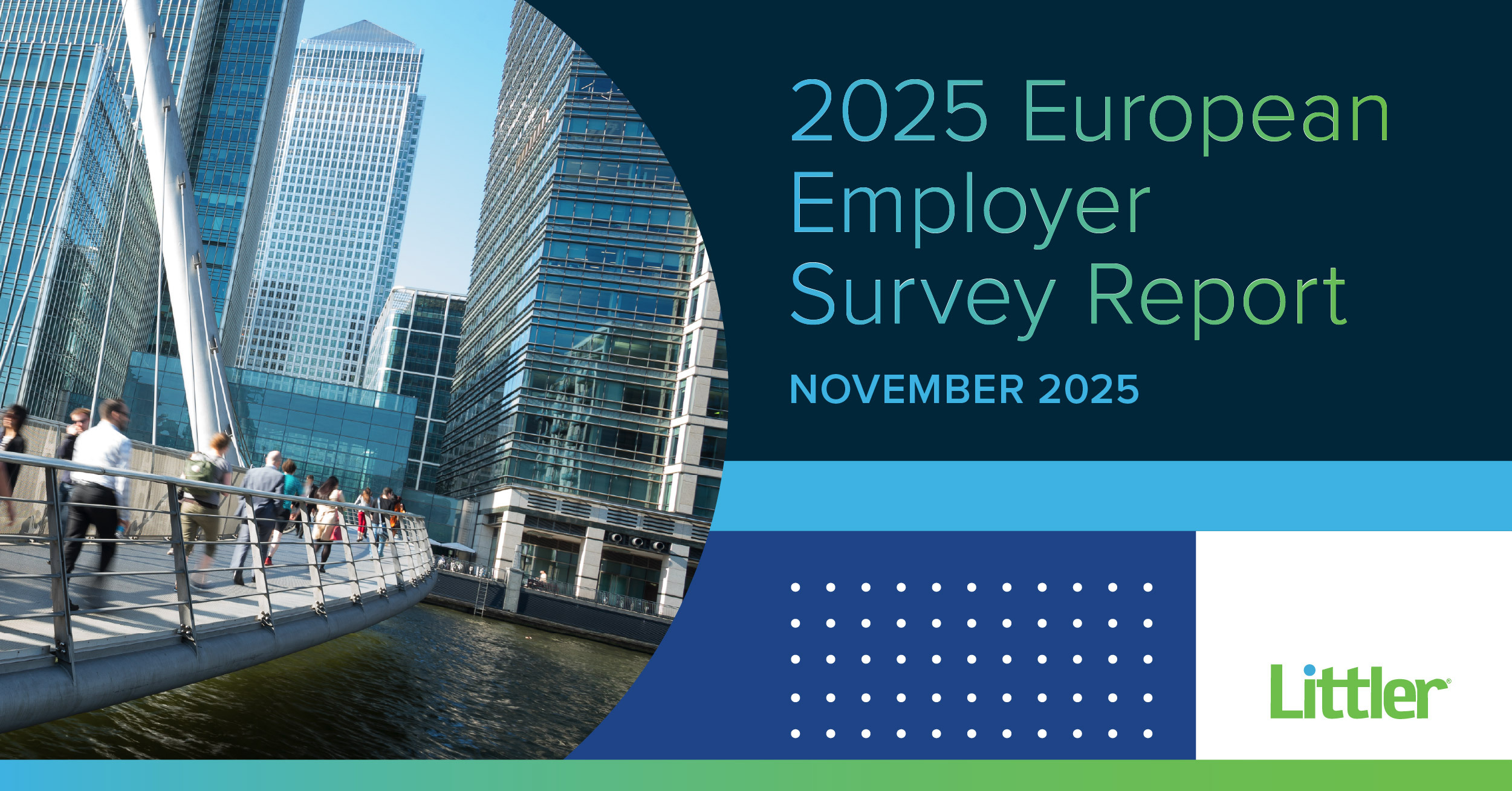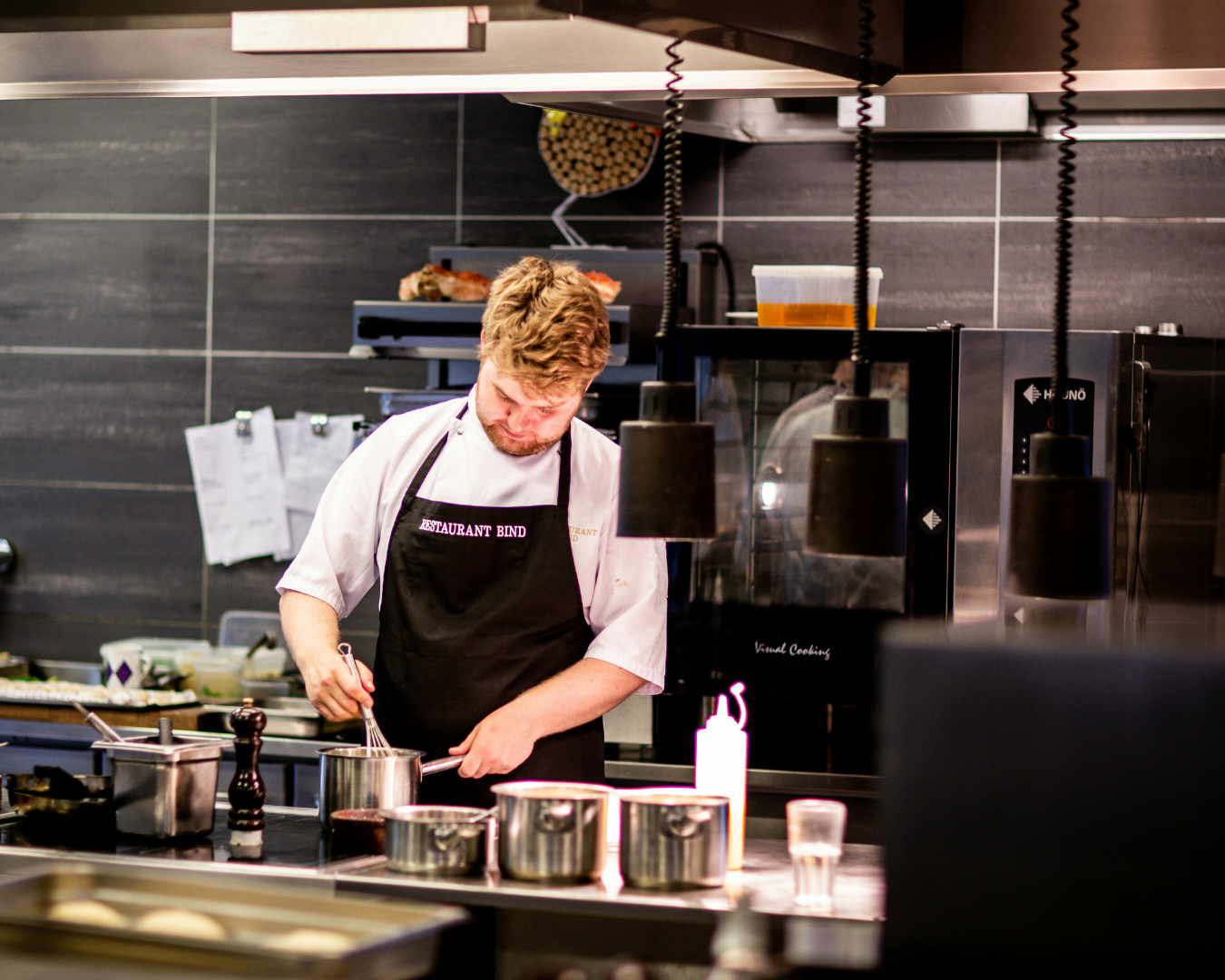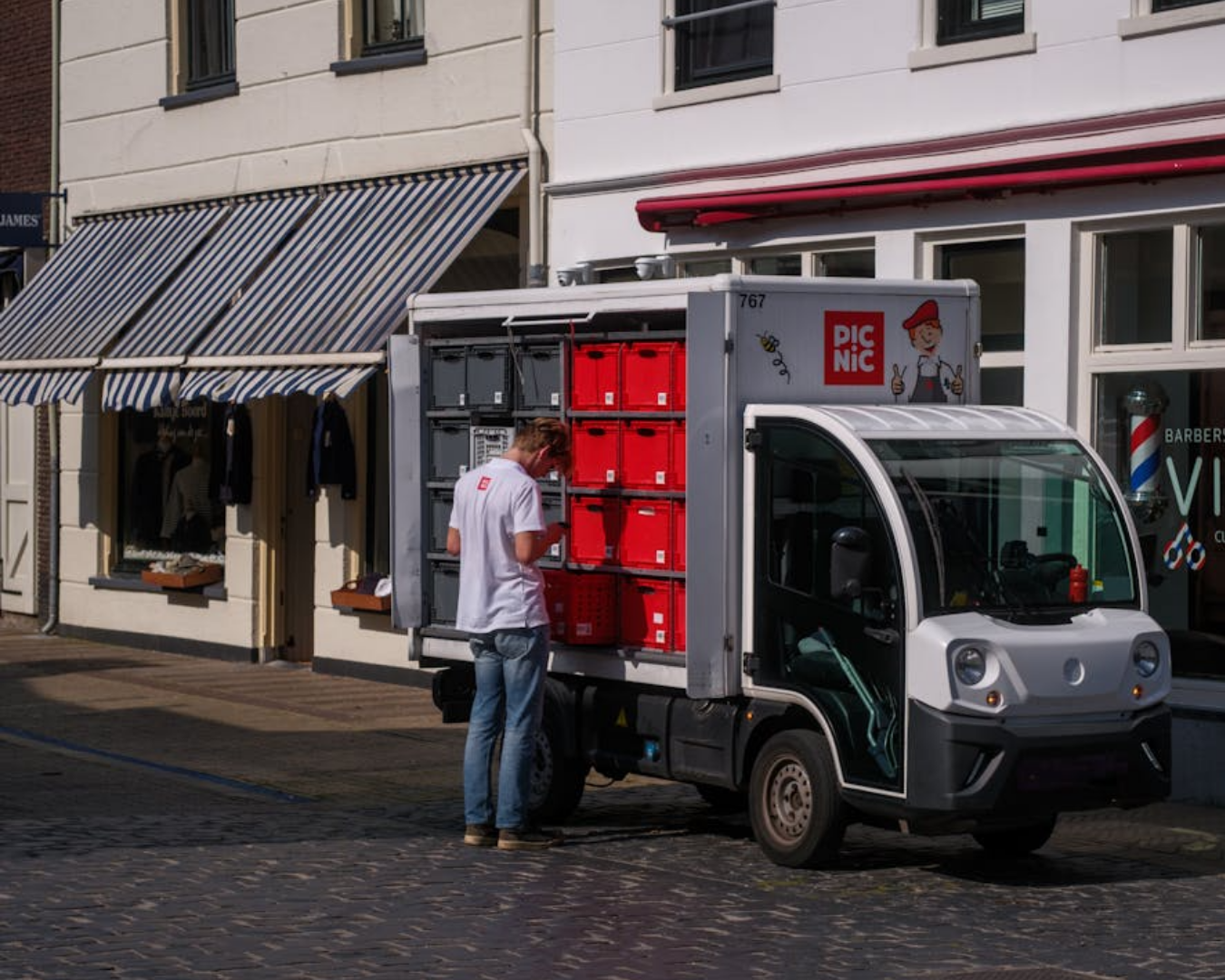The Dutch Supreme Court recently issued a key decision on platform work (Dutch Supreme Court, February 21, 2025, ECLI:NL:HR:2025:319). Put briefly, this case focused on how the ninth Deliveroo criterion should be interpreted.
The ninth Deliveroo criterion (for determining whether a worker qualifies as an employee) is that it may also be relevant whether the person carrying out the work acts or may act like an entrepreneur in the course of business — for example, in acquiring a reputation, in terms of acquisition and tax treatment, and having regard to the number of clients for whom they work or have worked and the length of time they usually commit to a particular client. This is also called “external entrepreneurship” because it has nothing to do with the relationship between the work provider and the worker, but with a variety of external factors. There is also “internal entrepreneurship,” which refers to whether the worker behaves like an entrepreneur in dealings with the work provider (for example, by negotiating rates, etc.).
The Appellate Court was faced with the following dilemma (my practical translation): all drivers worked under the same affiliation agreement with a platform company, but one group of drivers worked exclusively for that platform, while another group also had other clients and sources of income. In that situation, should all drivers be considered employees, or only those who work exclusively for the platform?
The Dutch Supreme Court has now answered this question by stating that “external entrepreneurship” must be fully taken into account in the assessment. This means that two people can do exactly the same work on exactly the same terms for the same work provider, but one person may qualify as an employee while the other qualifies as a self-employed worker (for example, because that self-employed worker has other clients in addition to working for the work provider).
Is this ruling a game changer?
This decision is favorable for the Dutch business community, self-employed workers, and intermediaries of self-employed workers, as the Dutch Supreme Court opted for a broader, full review of external entrepreneurship. If a self-employed worker truly behaves like an entrepreneur in the market — for instance, by using their own business assets, running their own website, being treated as self-employed for tax purposes, and working with multiple clients (i.e., not being economically dependent on a single work provider) — that behavior will be factored into the assessment of whether they are genuinely self-employed.
This also makes it more difficult for the Dutch Tax Administration, trade unions, and other regulators to argue that all self-employed workers working with a particular provider should be classified as employees. After all, external entrepreneurship will differ from one worker to another. The Dutch Tax Administration will also need to adjust its enforcement policy accordingly.
In my view, the decision is not a game changer. After all, in addition to criterion nine (external entrepreneurship), eight other Deliveroo criteria still apply. A worker who is fully dependent on a single work provider, works for them long-term, and shows few other signs of entrepreneurship will likely still qualify as an employee.
 Copy Link
Copy Link
 Share on LinkedIn
Share on LinkedIn









